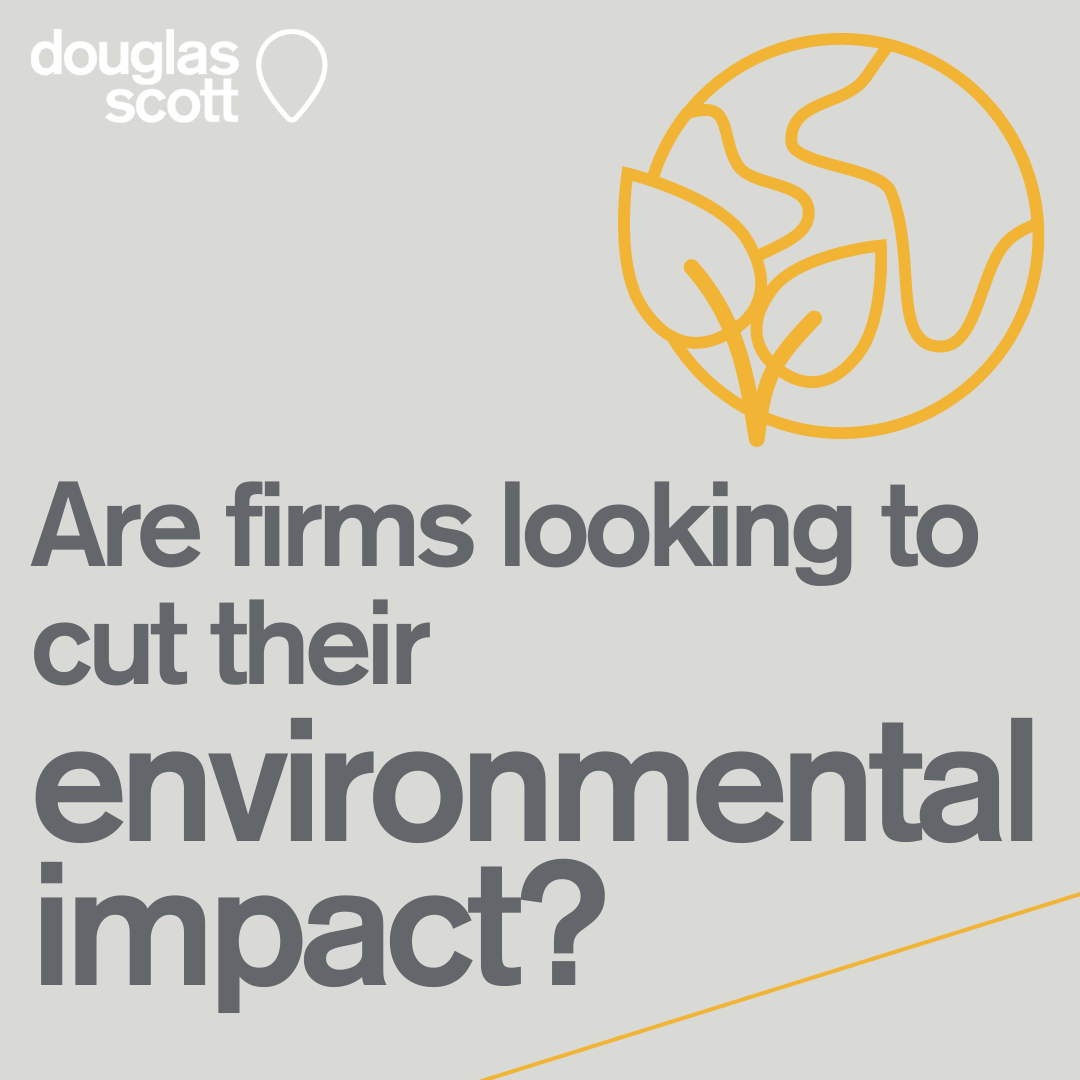Are Law firms looking to cut their environmental impact?
Posted in Latest News on 10 Sep 2024

The importance of cutting carbon emissions and reducing waste has never been more imperative – and even law firms seem to be trying to play their part.
Nearly a decade on from the landmark Paris climate summit, countries, businesses, and individuals are still looking for ways to cut their carbon footprint and become more sustainable. And while the legal industry might not be seen as a mega polluter, one legal firm has been trialling an initiative to go greener – with some success.
Law firm Dentons, the largest in the world by lawyer headcount, has recently been working on a new low-carbon service that has seen their lawyers increase the amount of time they work from home, using digital dashboards and calendars, and a total ban on printing. The result of these measures has been a 44% reduction in the carbon footprint of Dentons as a company and might be a potential blueprint for large law firms going forward. This policy was trialled over a four-month period on a specific project the firm was working on. Some of the more detailed measures included hosting all meetings online, other than introductory ones; lawyers working 40% of their billing hours at home; all lawyers e-signing a document to say they wouldn’t print during the project; and a dashboard being set up that had a lower carbon footprint than emails. The resulting changes reduced the firm’s carbon emissions by 120kg CO2e – roughly equivalent to around 14,000 smartphone charges. These numbers are huge, and while they won’t end the climate crisis immediately, they help prove that even small changes will have a big impact.
However, will law firms roll out these changes on a large scale? The environmental sustainability manager at Dentons certainly believes so, with her hoping that her firm will roll out this initiative further. However, this depends on whether such initiatives are productive and profitable. While we don’t have any data from the Dentons’ policy about this, firms might be less keen to implement these policies if they don’t meet these criteria. However, there are signs that climate concerns impact lawyers, and they are willing to speak out. Recently, a group of UK and US law students made headlines when they rated 100 top global law firms by how accountable they were on issues related to climate change. The rankings were designed not just to discourage business with those firms but also to try to get firms to improve what they are already doing. It’s clear that there are concerns among lawyers about their climate impacts, although our latest Douglas Scott salary survey didn’t find this to be a major concern among the 4000 respondents we surveyed. The report did note an increase in the number of law firms that were dropping transactional work with fossil fuels companies and an increase in the number that were working with renewable energy companies, so some law firms are starting to shift their focus away from working with clients that might be seen as the antithesis of many of their environmental policies that many law firms now have in place.
Whether the Dentons trial is rolled out more widely across the firm or even through other firms remains to be seen. However, as the imperative to tackle the climate crisis continues growing, creative solutions like this might creep to the top of lawyers' and law firms’ agendas.
Latest insight
-
How popular really is hybrid working?
07 Apr 2025 -
What is the top priority for law firm leaders?
20 Jan 2025 -
How to make your 2025 Legal dreams come true!
13 Jan 2025 -
What poor mental health is costing firms...
13 Nov 2024 -
Beyond the surface: How law firms are quietly advancing social mobility
05 Nov 2024